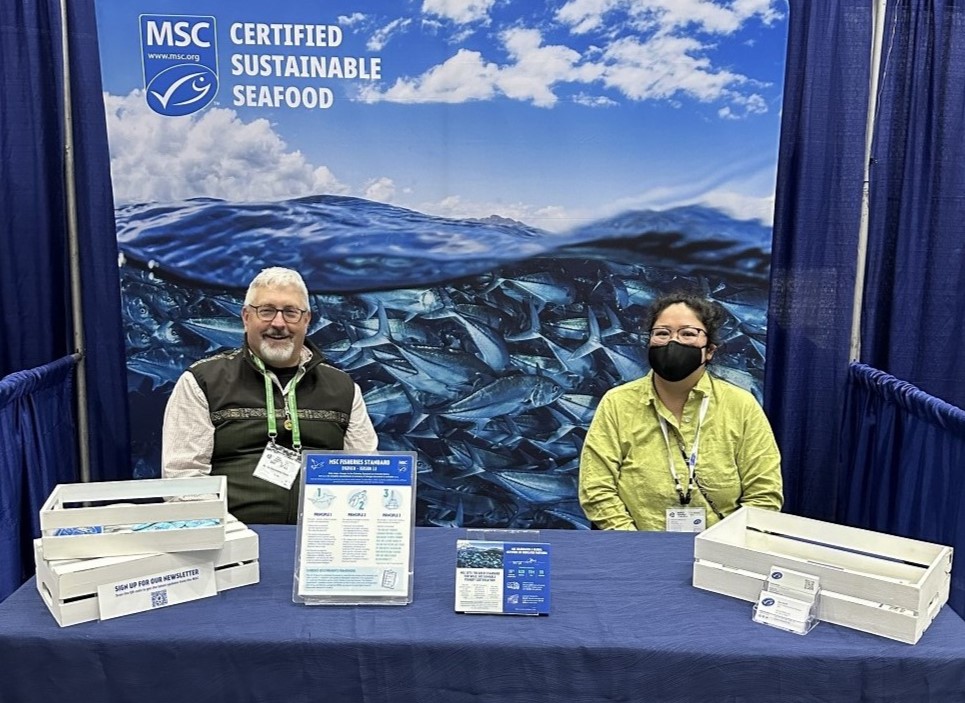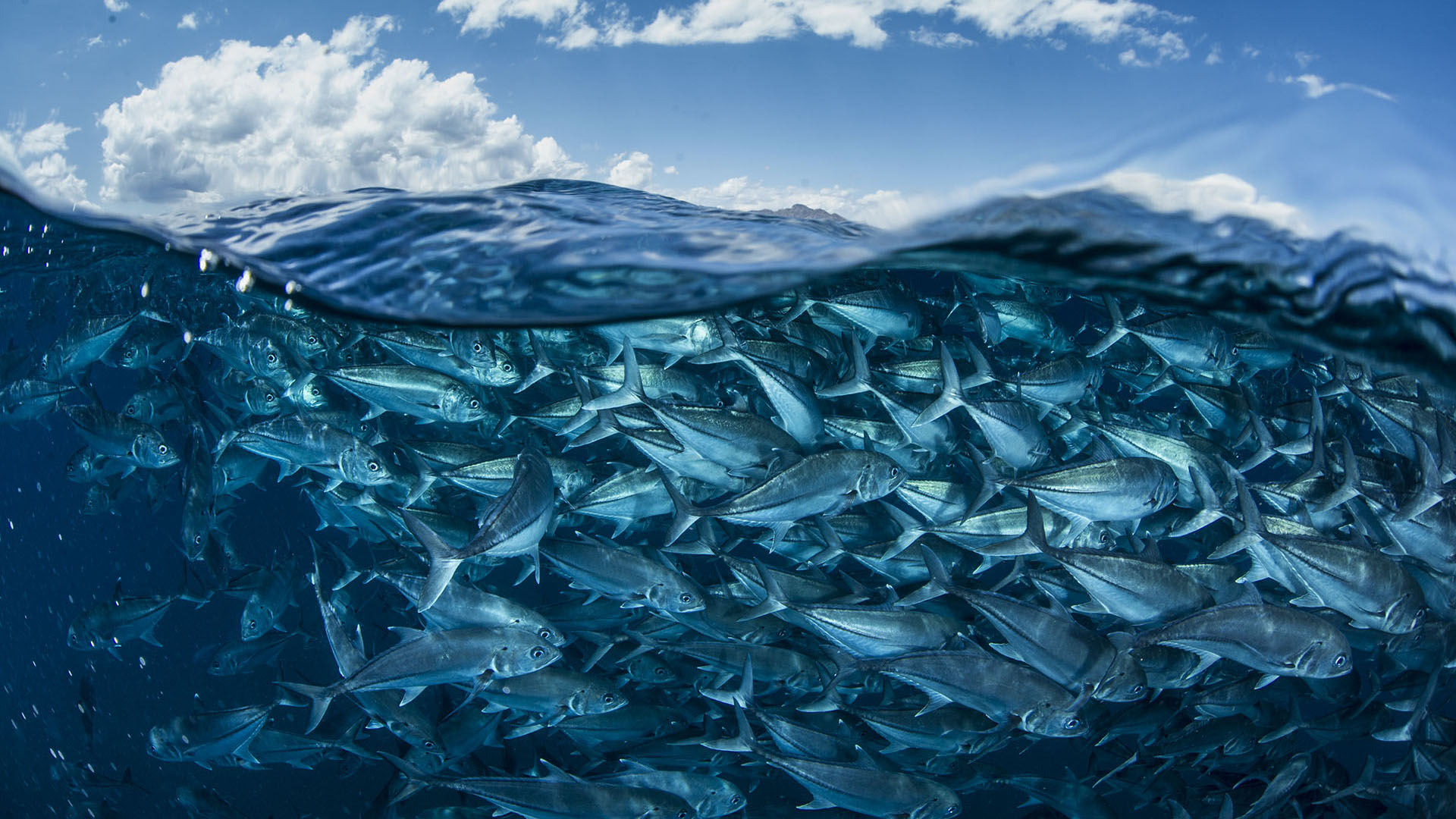New models for calculating fish populations, eDNA, traceability, and other topics up for discussion at this year’s World Fisheries Congress.
1. What is the World Fisheries Congress?
2. It’s the largest gathering of its kind
3. The MSC at the WFC
We’re also leading a 2-day session on climate change. This will involve more than 40 speakers sharing their knowledge and analyses of fish species changing distribution and how this is affecting marine ecosystems and challenging fishery managers. These challenges are requiring fishery managers to rethink quota allocations, transboundary sharing agreements, and how to best use available infrastructures for landings, processing, and transport.

If you’re attending the congress but miss these, please find MSC outreach staff at our booth (408).
4. New models for measuring fish populations
Many of the hot topics this year include new innovations for estimating the population size of commercial and recreational fishery species. New statistical models and field methods aim to better understand the life histories of fishery species, including
recruitment, which is critically important for predicting the impacts of fishing on population turnover.



